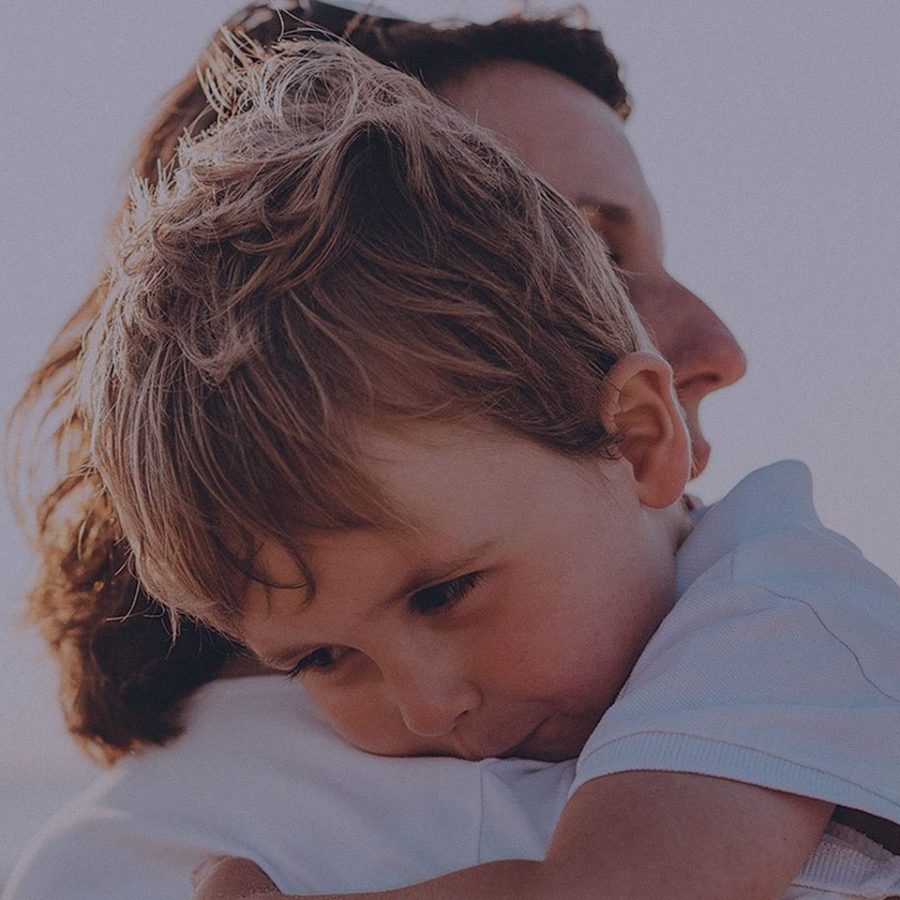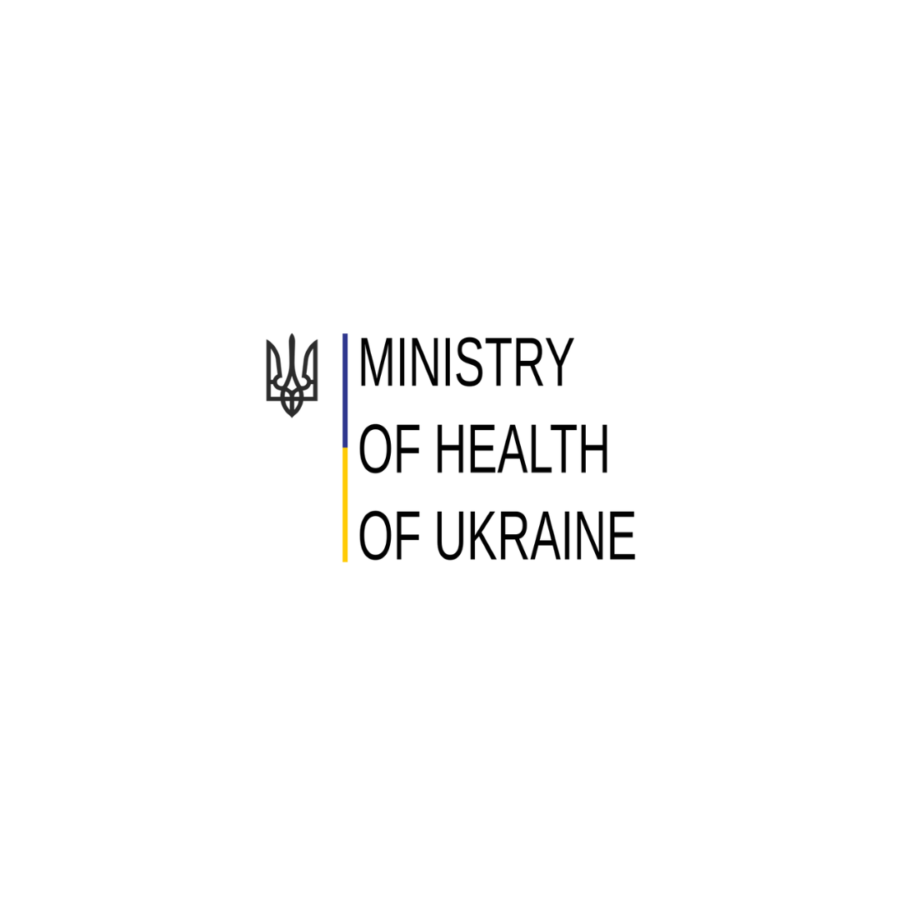
A human touch
Our first goal is to make professional mental health services accessible for all Ukrainian children and families through the Virtual Hospital. Whenever they need it. Wherever they might be.
ACCESSIBLE TO ALL CHILDREN AND FAMILIES
ACCESS
Harnessing the power of telemedicine to ensure every child receives the specialized care they deserve no matter where they are. Empowering families with knowledge and resources to actively participate in their child’s care.
IMPACT THAT MATTERS
IMPACT
Offering a better future for all Ukrainian children and their families – a future where they can get help whenever they need it. Provision of care is a priority, while technology functions as an enabler. Utilised with care and consideration, it helps address the most acute needs of children and families.
INTEGRATED WITH UKRAINIAN HEALTHCARE
INTEGRATION
Ensuring compatibility and integrating with Ukraine’s eHealth system to build credibility and a gateway to local health care professionals and volunteers. Providing seamless end-to-end treatment journeys, mitigating risks of corruption and abuse.
USEFUL TO RESEARCHERS
RESEARCH
Employing evidence-based approaches to treatment and building solutions useful to researchers worldwide. The eventual ambition and aim of the initiative is to establish a research centre focused on the impact of trauma and conflict on the health and wellbeing of children, and supporting their development into healthy, functional adults.
Technology can function as an enabler of wellbeing in different ways. Choosing the appropriate technologies requires a considered, human-centred approach and a deep understanding of our users’ needs.
STAGE 1 – A VIRTUAL HOSPITAL
HORIZON 1
Reach children and families with tools and information.
Providing accessible services aimed at early intervention, based on knowledge and tools that don’t rely on continuous internet access.
Digitizing evidence-based methodologies into formats that are easily accessible.
HORIZON 2
Nudge behaviour and support engagement.
Combining proven treatment methodologies with e.g. gamification and basic mobile technology to help families and children by nudging positive behaviour, guiding exercises and conducting self-assessment.
Technology that is standard on most smartphones, watches and computers can be utilised to build tools, send reminders, track progress and distribute information and knowledge.
HORIZON 3
Train and onboard the network of healthcare professionals.
Utilising the developed technology to bridge the knowledge gap faced by Ukrainian healthcare professionals, and to enhance the digital care provided.
A centralised knowledge platform could help healthcare professionals receive training on treatment protocols and methods, and assist them in delivering services.
The exploration of emerging technologies, such as augmented reality, to provide immersive treatment experiences will be conducted in parallel.

Virtual Hospital is just the beginning
We aim to further increase our impact on children and families through two additional phases: establishing a Research Institute and operating a Physical Hospital.
The Three Stages
A VIRTUAL HOSPITAL
Launch a Virtual Hospital providing high-quality mental health services accessible to all Ukrainian children and families, regardless of time or location. The MVP will be built in Q4 2024 – Q1 2025, with the platform launching in Q1 – Q2 2025. An operating model will be developed to onboard healthcare professionals and volunteers onto the platform.
A RESEARCH INSTITUTE *
The Research Institute will serve as a center of excellence (COE) following the EU model, focusing on rehabilitation, trauma, and the impact of conflict on children’s health, as well as epigenetics. A kick-off symposium was held on October 20-22, 2024, with the institute officially launching in Q1 – Q2 2025. The institute will promote leading European rehabilitation practices in Ukraine, while advancing new knowledge on treatments, therapies, and interventions for war-traumatized children.
A PHYSICAL HOSPITAL *
The Rehabilitation Hospital will be built at Lviv Medical University (LMU) between 2025-2027. It will provide inpatient care, trauma surgery, and other key services, advancing the center of excellence established in Stage 2 in collaboration with The Ministry of Health of Ukraine (MoH).
* Implementing these stages will require additional funding.
Ministry of Health & Lviv Medical University
The Ministry of Health of Ukraine (MoH) is the governmental body responsible for shaping public health policies, regulating healthcare, and overseeing medical services throughout the country. Committed to improving health outcomes, the MoH plays a crucial role in addressing the challenges faced by the healthcare system, particularly in the context of the ongoing war.
In the Nadija initiative, the MoH will prioritize the integration of the Virtual Hospital into existing healthcare systems, ensuring that it aligns with national regulations and practices. Additionally, the Ministry will oversee the development of the Physical Rehabilitation Center, which aims to support the physical and psychological rehabilitation of children affected by the conflict.
The MoH will also promote the adoption of telemedicine technologies and facilitate data exchange with international scientific institutions, supporting research and development in medical rehabilitation. Their involvement is essential for enhancing the project’s effectiveness and ensuring that the most vulnerable children receive the support they need.
Danylo Halytsky National Medical University (LMU) in Lviv is one of Ukraine’s most historic and prestigious medical institutions, with roots dating back to 1784. LMU has a strong tradition of international collaboration, significantly contributing to medical education and research across Eastern Europe, particularly in public health and medical innovations.
As part of the initiative, LMU will contribute to the establishment of a CoE for the rehabilitation of children traumatised by war, facilitating knowledge creation and granting the Virtual and Physical Hospitals autonomous legal status. The Physical Hospital will be the first children’s university clinic in Ukraine, and LMU will become the only university in the country to establish a dedicated department for pediatric psychiatry.
Equally important, LMU will provide technical and scientific support throughout all three stages of the Nadija project. The University will organize healthcare professional training, promote telemedicine research, and ensure the Virtual Hospital’s implementation within its healthcare facilities. Additionally, LMU will establish a Scientific Research Center, support educational program development, and lead research on rehabilitation methods. The University will also play a key role in developing the Physical Rehabilitation Center by contributing its expertise and resources.

War is no excuse
Every child deserves mental care.
Potential Impact
1.5 MILLION CHILDREN
Number of affected Ukrainian children that can be reached and helped already in the Stage 1 of the project.
96 MILLION CHILDREN
About 4% of children under the age 18 are exposed to some form of trauma during their lifetime that leads to post-traumatic stress disorder (PTSD). If the developed platform is to be implemented in other national infrastructures, the estimated reach is 64 times larger than during the initial stage of the project.
360 MILLION CHILDREN
Globally, nearly 15% of young people aged 10-19 experience a mental health disorder. If the broader potential of epigenetic research is realised through the research centre established in Stage 2, the reach could further increase almost fourfold.



